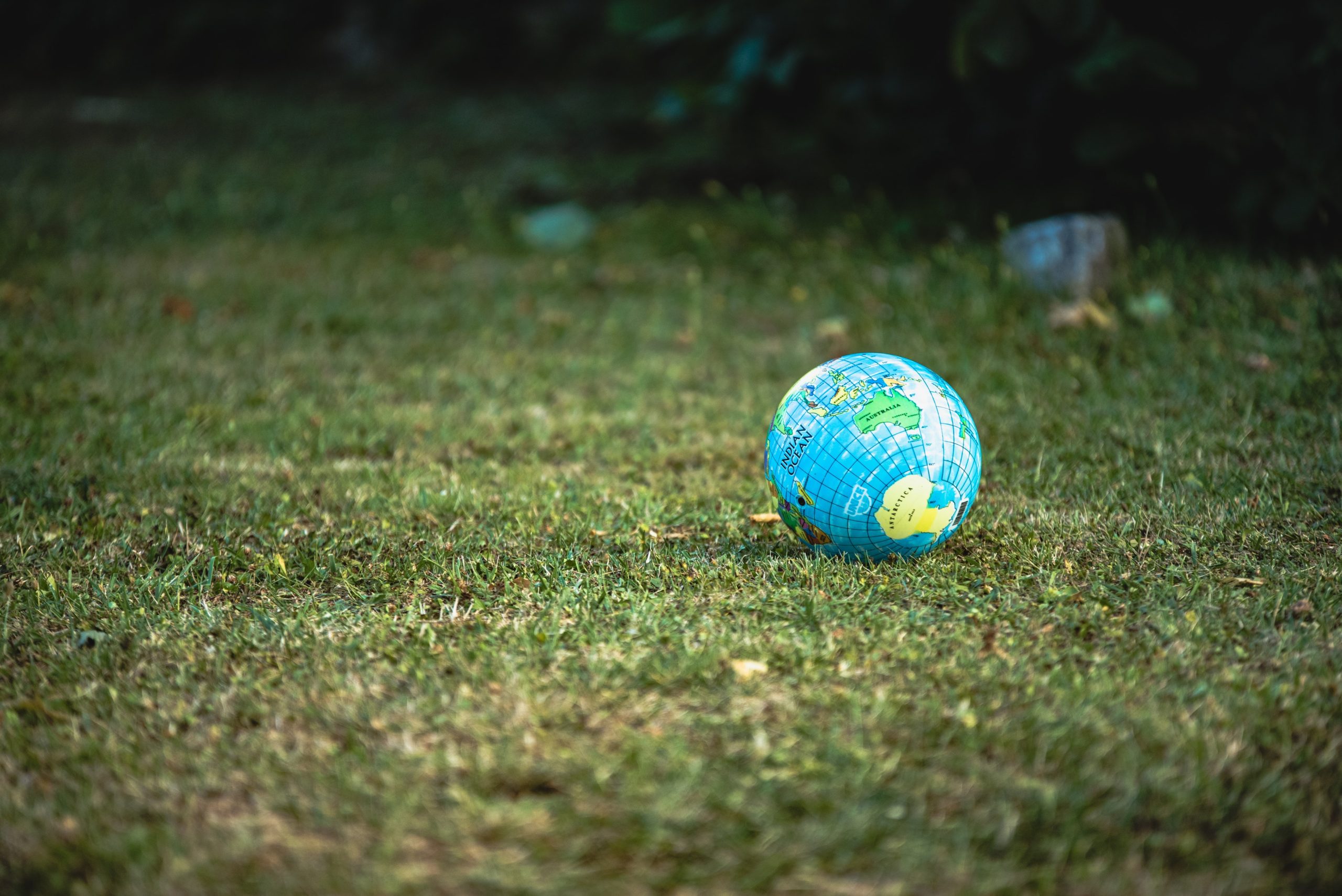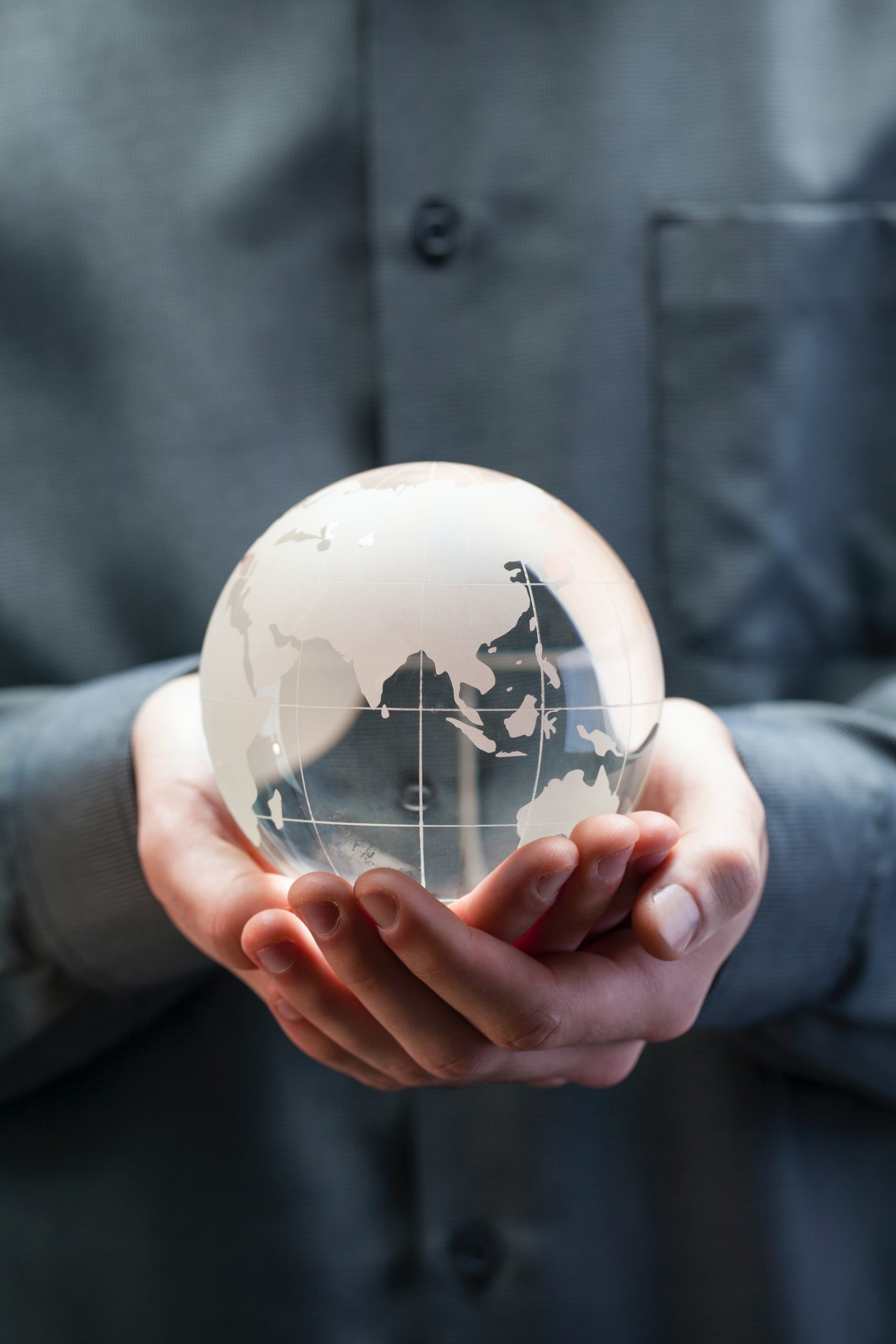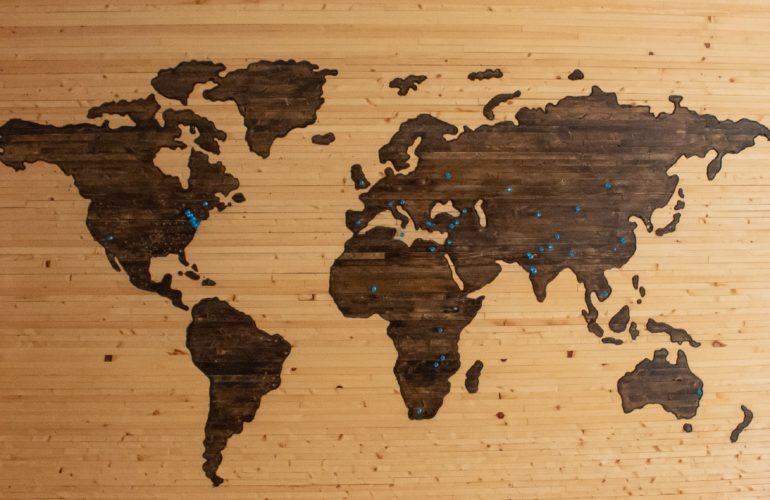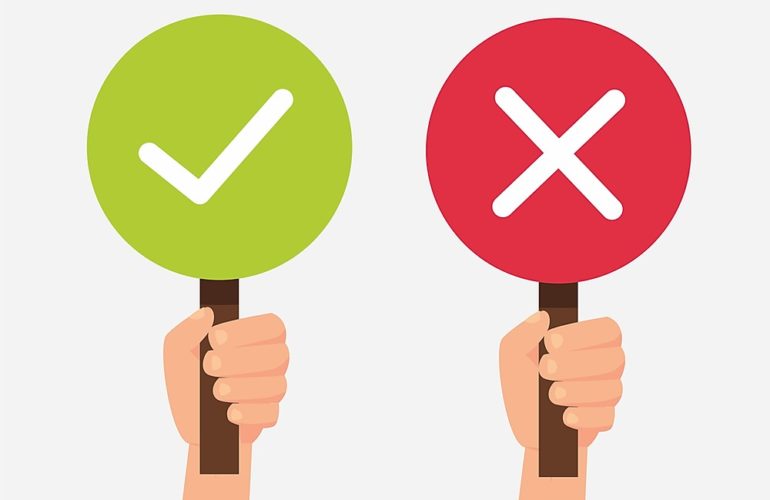Environment and Ecology
The environment represents the entirety of all conditions and factors that impact on the growth and life of all organisms that inhabit earth. Ecology is the branch of science that investigates living organisms and their interactions with their physical surroundings. Both are closely related and are in constant interaction. In other words, any changes in the environment can impact living organisms, and vice versa.

The environment is defined as the surroundings and the conditions under which humans, animals or plants lead their lives and activities. The concept of environment represents all aspects of the physical and biological world, and how they interact with each other. Because human life depends on it, the environment plays a central role in the human lifecycle. To summarize, the environment is the whole of the general conditions that surround humans at a given point in time and space. The environment is the sum of all conditions in which an organism must survive or flourish.
The habitats that were formed upon the emergence of life on earth can be very small, or as large as a continent. Ecosystems are habitats which appear vastly different from one another. They are environments in which herbivores, carnivores and omnivores coexist in a setting of energy exchange and food cycle with unique chemical and physical characteristics. Ecosystems form as a result of perfect harmony of living or non-living components. Any disruption of the balance would lead to systemic dysfunction. Organisms that pursue their vital activities are called biotic factors, which include living factors in the food chain. And the environment in which vital activities are pursued is called the abiotic factors, which include non-living components such as wind, humidity, temperature, light, air, water, etc.
Underground resources, mines, lakes, oceans, soil, atmosphere, climate etc. are classified as non-living things, and microorganisms, animals and humans are classified as living things. These two components interact with each other physically, biologically and chemically. An ecological balance is in place when interactions such as nutrition, occupation of physical space, providing oxygen, etc., occur under natural circumstances. This is a result of the ecosystem being a natural systematic mechanism. The state of balance is caused by each species having a unique ecological niche. Until today, the ecosystem was maintaining its state of balance but now it has become deteriorating.
The human kind, an important link in the chain of ecological balance, is behaving in a manner to disrupt the balance; advances in science and technology, industrial use of fossil fuels, rapid depletion of natural resources, rapid population growth and overconsumption and other activities adversely impact on ecosystems. Humans attack the natural plant cover to expand their habitats. They use up finite resources for consumption, risking complete depletion. They discharge various chemicals into waters and soil from manufacturing and processing, or pollute the air by emission of harmful gasses.
These actions drive environmental pollution, impair living conditions, and adversely impact on the wellbeing of living organisms. Correcting this situation relies on an accurate understanding of ecology and its importance.
What Can We Do to Protect Ecology?
On an individual scale, what we can do to protect the environment may be limited, but on a mass scale, action can be taken that can drive substantial change, including the following:
- Most waste can be recycled to be used again, but for that, waste must be sorted into glass, plastic, metal and battery waste. Waste that has been sorted before disposal can be reused, significantly reducing their potential harmful effects. Care should be taken with disposal of waste.
- It is important to control atmospheric emission of industrial gasses, as uncontrolled emission both pollutes the air and increases the risk of certain types of environmental disasters.
- Unplanned urbanization is a key factor, as it entails various other objectionable effects on the environment, including contamination of clean water sources.
- It is important to maximize utilization of renewable sources of energy. Non-renewal of sources equals waste of natural resources. When generating energy, an effort is made to remove pollution and use energy for it.




